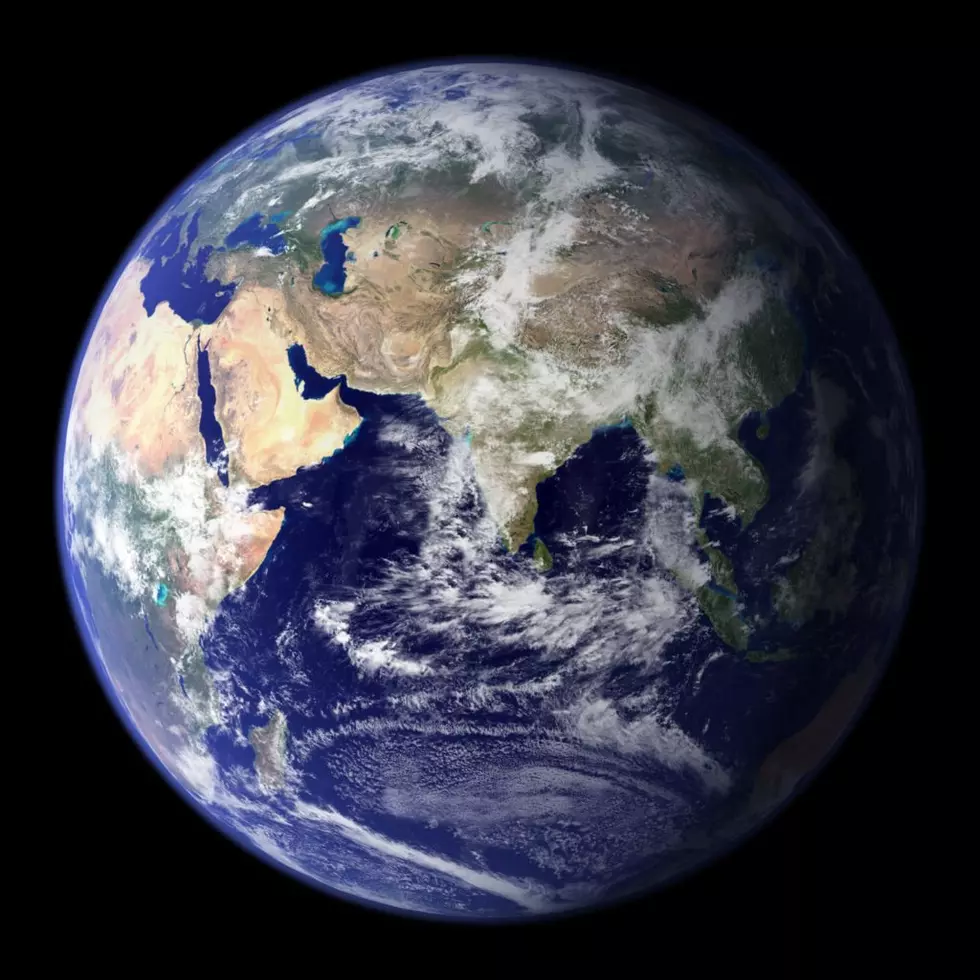
UM paper finds carbon release could result from warming temperatures
By Martin Kidston/Missoula Current
Two University of Montana researchers widely known for their work on climate change found that ecosystems take up less carbon during periods of rapid warming and do the opposite during periods of slower warming.
In a paper published last month in the journal “Nature Climate Change,” UM researcher Ashley Ballantyne and Regents Professor of Ecology Steve Running explored the uncertainties in predicting the planet's future climate.
Ballentyne said Thursday they were surprised by their findings.
“Will ecosystems take up more carbon or release more carbon as the climate changes?” Ballantyne said. “This is a key question in trying to predict what the climate might look like in the future.”
Working with former UM doctoral student William Smith, Ballantyne investigated the sensitivity of the planet's carbon feedback.
While carbon dioxide has increased steadily over the last 50 years, they found, the Earth’s temperatures have increased in an erratic pattern due to the redistribution of energy across the planet.
“We were curious to learn how Earth’s carbon cycle responded during periods of rapid warming and periods of less rapid warming,” Ballantyne said. “We discovered that the amount of carbon taken up by land ecosystems slows during periods of rapid warming, and it speeds up during periods of slower warming.”
Ballantyne said the research team was surprised to learn that the acceleration of carbon uptake during periods of slower warming was due mainly to less respiration from plants, and not to greater photosynthesis.
The findings suggest that during the so-called ‘warming hiatus’ from 1998 to 2012, the Earth took up much more carbon from the atmosphere. However, as global warming ramps up again, this carbon may be returned to the atmosphere to further warm the planet.
“As Earth’s temperatures resume warming, we anticipate that a large fraction of this carbon that has been stored in terrestrial ecosystems will be released – as Earth exhales,” Ballantyne said.
